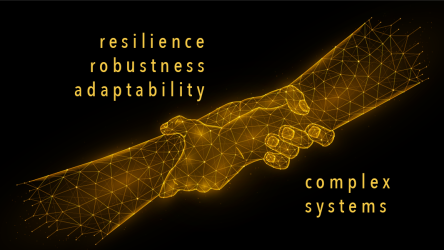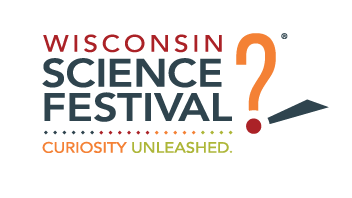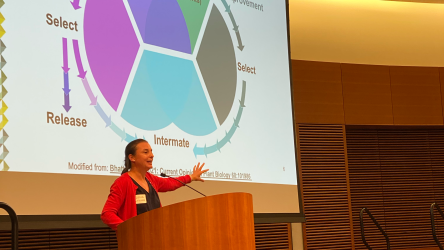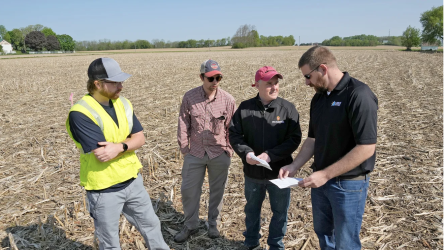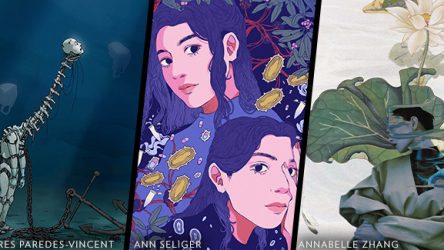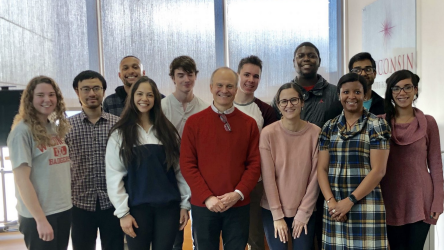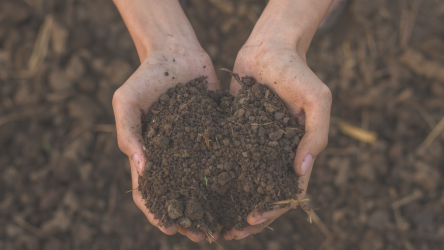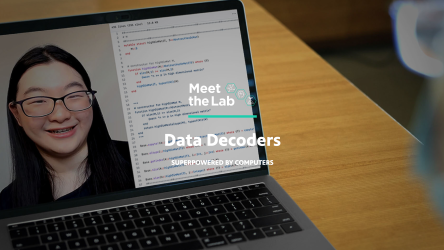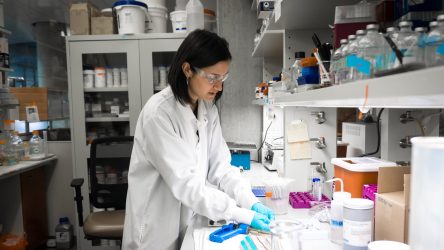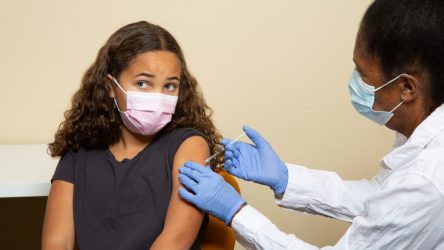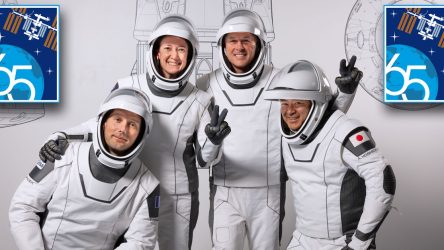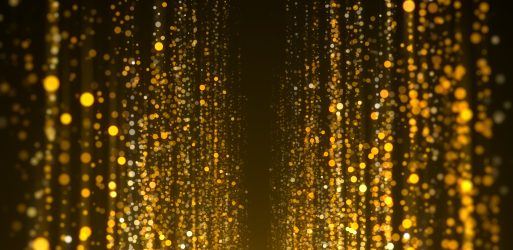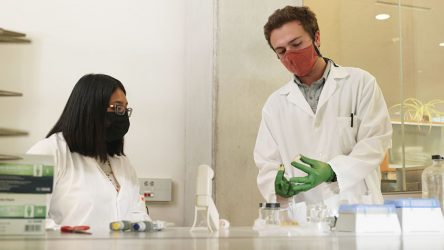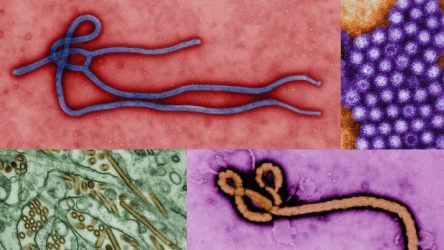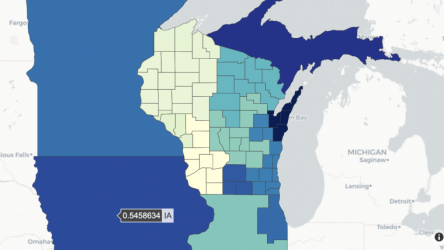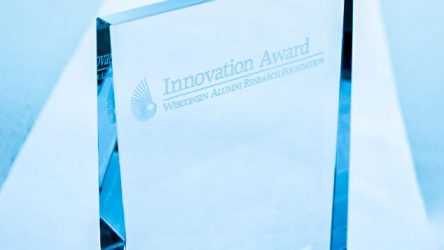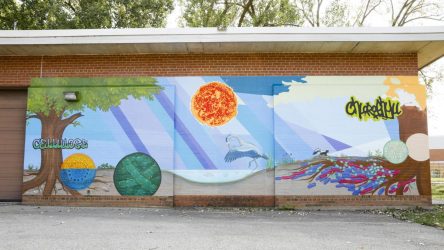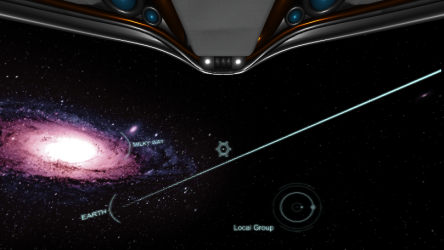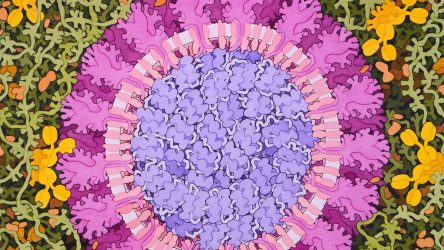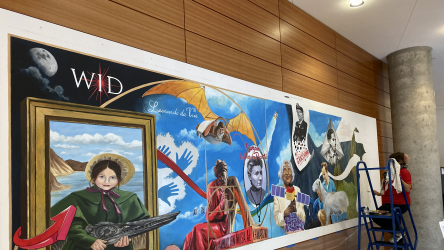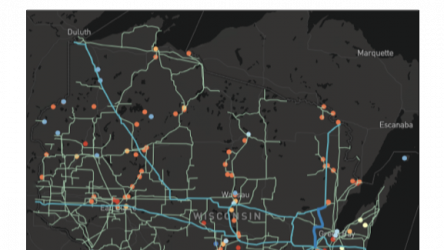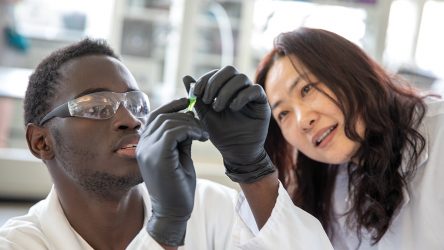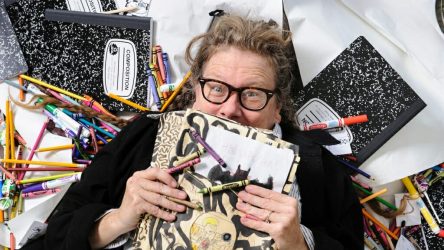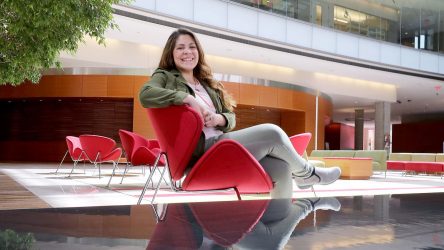Wisconsin Stories
Research, outreach, and initiatives at WID embody the Wisconsin Idea — reaching beyond the walls of the institute and the UW campus to citizens across the state, country, and world.
Looking ahead at this year’s Wisconsin Science Festival
Annual Wisconsin Science Festival returns Oct. 16-22 with new theme
Symposium at WID highlights Latinx Scientists
The Wisconsin Institute for Discovery hosted the “Celebrating Latinx voices in STEM” symposium in collaboration with the University of Wisconsin Inclusion in Science & Engineering Leadership Institute and the College of Agriculture and Life Sciences Oct. 5.
Can solar power and farming coexist? This partnership between UW, Alliant aims to find a way
WID Discovery Fellow, Josh Arnold is working with Alliant Energy to design a 2.25-megawatt solar farm on its Kegonsa Research Campus near Stoughton as a laboratory for a multi-disciplinary study of agrivoltaics — the co-location of solar energy and agriculture.
Life As We Don’t Know It
New exhibit from the Kohler Fellows at the Overture Center Galleries! Life As We Don’t Know It Opening Reception, Overture Center Playhouse Gallery, May 6 @ 5-7PM. Exhibit runs from May 3 – August 28, 2022.
University of the Air: The Science of Life’s Origin
David Baum discusses different theories that have been proposed to explain the origin of life and summarizes ongoing work in his laboratory and elsewhere with WPR’s Norman Gilliland.
What Will We Reap Without Topsoil?
WID Director, Jo Handelsman speaks to Science Friday’s Ira Flatow about the value of soil and her upcoming book A World Without Soil.
Solís-Lemus Group Featured in PBS Meet the Lab
PBS Wisconsin Education profiles Claudia Solís-Lemus and members of her lab as they implement a computer science tool to help “see” sounds of the forest and count how many animals are there.
UW-Madison Grad Student Uses TikTok To Teach Thousands About Astrobiology
Astrobiologist Lena Vincent’s TikTok Reaches More Than 50K Followers
Research aims to give everyone a fair shot at accessing COVID-19 vaccines
WID researcher, Michael Ferris, John P. Morgridge Professor of Computer Sciences and Corey Jackson, assistant professor at the UW–Madison Information School in CDIS, are developing a vaccine fairness recommendation engine that will support equitable decision making about vaccination.
Wisconsin Students to Speak with NASA Astronauts Aboard Space Station July 13
On July 13, hundreds of K-12 students and families from throughout Wisconsin will gather to hear directly from astronauts on the International Space Station through a live video downlink. The 20-minute call from space begins at 10 a.m. (time subject to change).
Three 2021 Hilldale Fellows Add to WID’s Undergraduate Research Legacy
Three WID undergraduate researchers have been awarded Hilldale Fellowships in 2021, joining 26 other fellows from WID since 2010.
Newest Meet the Lab Collection Visits Stem Cell Research Lab
PBS Wisconsin Education’s Meet the Lab series features Randolph Ashton’s Neural Tissue Bioengineering Lab at WID.
Undergraduate Researcher Helps Fill in the Blanks on Virus Lifecycle
Tianyi “Herry” Jin, an undergraduate in John Yin’s lab group at WID and the department of chemical and biological engineering, published discoveries about viruses in the journal Integrative Biology.
Thompson Center Badgercast: Michael Ferris
WID’s Michael Ferris joined the Thompson Center on Public Leadership to discuss a data-based planning tool called “Wisconsin Expansion of Renewable Electricity with Optimization under Long-term Forecasts” (WEREWOLF) he developed with Thompson Center faculty research funding.
Randolph Ashton and Collaborators Win WARF Innovation Award
WID’s Randolph Ashton, Gavin Knight, Benjamin Knudsen, and Nisha Iyer take top honors from the Wisconsin Alumni Research Foundation’s Innovation Awards. Their work, Superior Neural Tissue Models for Disease Modeling, Drug Development and More, was selected from more than 400 innovation disclosures.
The Cap Times: New South Side Mural Aims to Teach Science Through Art, Convey “Invisible Beauty”
A new Science to Street Art mural on Madison’s south side aims to teach passersby about the molecules that shape the living world around them.
With NASA Award, PhD Student Seeks Answers to Life’s Biggest Questions
Lena Vincent is a graduate student in David Baum’s lab at WID. She studies the origin of life by searching for life-like behaviors in systems of molecules.
Exploring a New Universe of Science Learning
Researchers in WID’s Virtual Environments Group partnered with the Wisconsin IceCube Particle Astrophysics Center and Field Day Lab to create a journey from Antarctica through the cosmos that sparks interest in astrophysics research.
A Coalition of Scientists Takes on COVID-19 — with Data
Researchers at CALS and across the UW campus — including WID’s Data Science Hub — are leading a new nationwide data science group focused on bringing new insights to pandemic management.
Isthmus: Street Science
Isthmus covers Science to Street Art, a project from WID’s Illuminating Discovery Hub.
Data Scientists Unite Research and Policy in New Project
A new data science project, “WEREWOLF”, puts powerful modeling tools into the hands of Wisconsin policymakers to create the energy systems of tomorrow.
Science Outreach: A Versatile Training Tool
Genetics professor Xuehua Zhong is a true believer in the power of outreach to instill a love of science in young people and develop mentoring skills in her students. To her delight, she has found an opportunity to do both.
WID Alumna Lynda Barry Named MacArthur Fellow
Former Discovery Fellow Lynda Barry has been awarded a 2019 MacArthur Fellowship. The fellowship, also known as a genius grant, provides a $625,000 stipend to be used as the fellow sees fit.
Contreras: Belonging or Owning: Relationships to Science
Ginger Contreras is the executive director of the Illuminating Discovery Hub at the Wisconsin Institute for Discovery. She will participate in a panel discussion at the Wisconsin Science Festival titled Who Owns Science? Representation, Inclusion, Culture and the Scientific Enterprise on Wednesday, October 17 at 2:00 pm in the H.F. …

